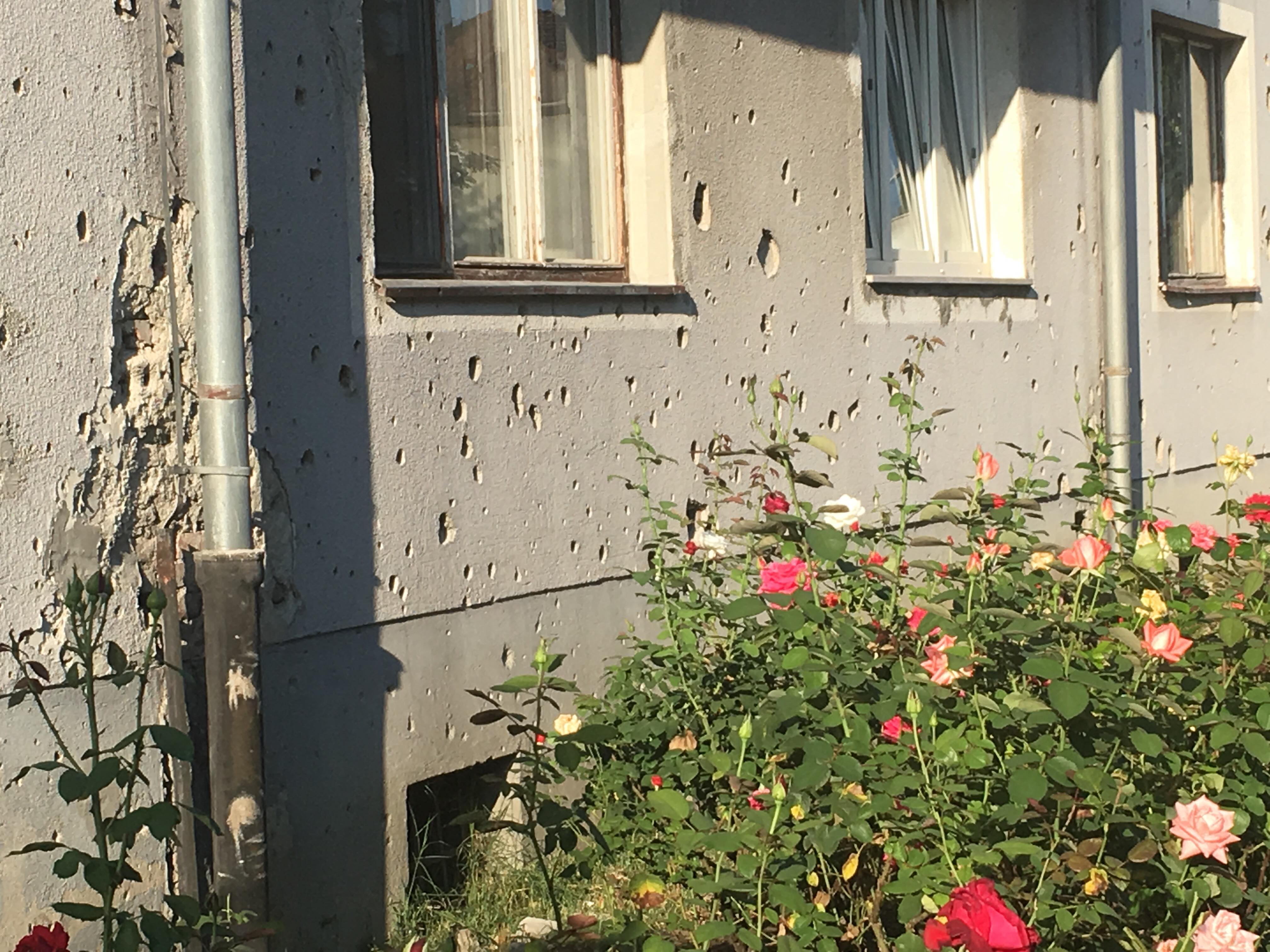The Injustice of the American Capital Punishment System – Part 3
This article is a continuation of my four-part series “Opposing Capital Punishment”. This week we take a glimpse at the injustices rampant in the American Death Penalty system.
Part One of the Series is here.
Part Two of the Series is here.
Part Four will be available next week.
***************
It must be asked if the current system of capital punishment in the United States is just. Sadly, the evidence points to a bevy of injustices that hamper the capital punishment system and render it unsupportable by Christians.
The American Bar Association concluded in 2007 that “one third of African-American inmates in Philadelphia (on death row) would have received sentences of life imprisonment if they had not been African-American”.1 That same year, the Yale University School of Law found that “African-American defendants receive the death penalty at three times the rate of white defendants in cases where the victims are white.” The study also found that “killers of white victims are treated more severely than people who kill minorities when it comes to deciding what charges to bring”. This leads Amnesty International to conclude that “the single most reliable predictor of whether someone will be sentenced to death is the race of the victim,” – in a country where African-Americans make up about half of all homicide victims. Meanwhile, of those on death row, approximately 42% are black, a highly disproportionate number when compared to the entire African-American population which makes up only 13.6%.2
Another important factor to consider is the cost of defending oneself against execution. According to www.lawyer.com, an experienced lawyer costs between $100 and $200 an hour with some high-priced attorneys costing $1,000 an hour.3 And this doesn’t include the various fees that accompany being put on trial for murder! We are left with one conclusion: the more money a person has, the better lawyer that person will be able to retain. The better lawyer arguing a case, the higher the probability that a person is not going to be convicted of a capital crime (see the acquittal of O.J. Simpson4 or the light sentence of Ethan Couch5 for proof of this assertion).
Of course, every defendant is given a lawyer even if s/he cannot afford it. However, “once a person has been convicted and the conviction has been upheld on appeal, he or she has no constitutional right to a lawyer to seek post-conviction review of his or her conviction and sentence.”6 This means that those who can afford to hire a lawyer throughout the appeals process have a better opportunity to stave off death than those who have no one to lead them through the complex system.
Even if racial and economic injustices were addressed, the system itself would need overhaul. The Liebman Report, a national study examining capital punishment cases from 1973 to 1995, found that “the overall rate of prejudicial error in the American capital punishment system was 68 percent”.7 The report continues, “This much error, and the time needed to cure it, imposes terrible costs to taxpayers, victims’ families, the judicial system and the wrongly condemned. Additionally it renders unattainable the finality, retribution, and deterrence that are the reasons usually given for having a death penalty.”
What is the source of this error? An article in the Temple Law Review argues that a lack of uniform standards that dictate the pursuit of capital punishment cases leave prosecutors leaning on their own discretion which opens the door for discrimination and bias. “The absence of clear standards leads to an increase in the breadth and scope of discretionary decision-making, and provides a greater opportunity for inappropriate or less defensible exercises or discretion.”8 For instance, in California one can be put to death without “requir(ing) proof of an intent to kill.” Basically, prosecutors are left to their own devices in deciding when to seek the death penalty. Clearly, this leaves the door open for prejudices and biases to impact those life and death decisions. A lack of consistent capital crime standards could easily lead to racial and economic injustice.
In the end, these inconsistencies, coupled with the racial and economic inequalities in the criminal justice system9, render Christian support for the American Capital Punishment system impossible.
****************
1 “Death Penalty and Race”, Amnesty International, http://www.amnestyusa.org/our-work/issues/death-penalty/us-death-penalty-facts/death-penalty-and-race.
2 Matt Ford, “Racism and the Execution Chamber”, The Atlantic, http://www.theatlantic.com/politics/archive/2014/06/race-and-the-death-penalty/373081/
3 How, and How Much, Do Lawyers Charge?” research.lawyers.com/how-and-how-much-do-lawyers-charge
4 Karen Grigsby Bates, “The Jury is Still Out on Why O.J. Simpson Was Acquitted”, NPR, http://www.npr.org/blogs/codeswitch/2014/06/12/321392845/the-jury-is-still-out-on-why-o-j-simpson-was-acquitted
5 Dana Ford, “Texas teen Ethan Couch Gets 10 Years’ Probation for Deadly DWI Crash”, http://www.cnn.com/2013/12/11/us/texas-teen-dwi-wreck/
6 Stephen B. Bright, “The Failure to Achieve Fairness: Race and Poverty Continue to Influence Who Dies”, University of Pennsylvania Journal of Constitutional Law, Vol 11, Issue 1, (April, 2009): 35, Accessed on April 30, 2015, OmniFile Full Text Select (H.W. Wilson).
7 Ana M. Ortero, “Tinkering with the Machinery of Death in Texas: A chronicle of unbridled injustice and abuse”, George Mason University Civil Rights Journal, Vol 16 Issue 2, (Spring 2006): 195, Accessed April 30, 2015, OmniFile Full Text Select (H.W. Wilson).
8 Chris Chambers Goodman, H. Mitchell Caldwell, A. Carol Chase, “Unpredictable Doom and Lethal Injustice: An Argument for Greater Transperancy in Death Penalty Decisions”, Temple Law Review, Vol 82 no 4, (Winter 2009): 1032, Accessed April 30, 2015, OmniFile Full Text Select (H.W. Wilson).
9 For more on this, read Ta Nahisi Coates’s excellent article, “The Black Family in the Age of Mass Incarceration”




Pingback:Christian Response to Injustice - Part 4 - Reformed Margins